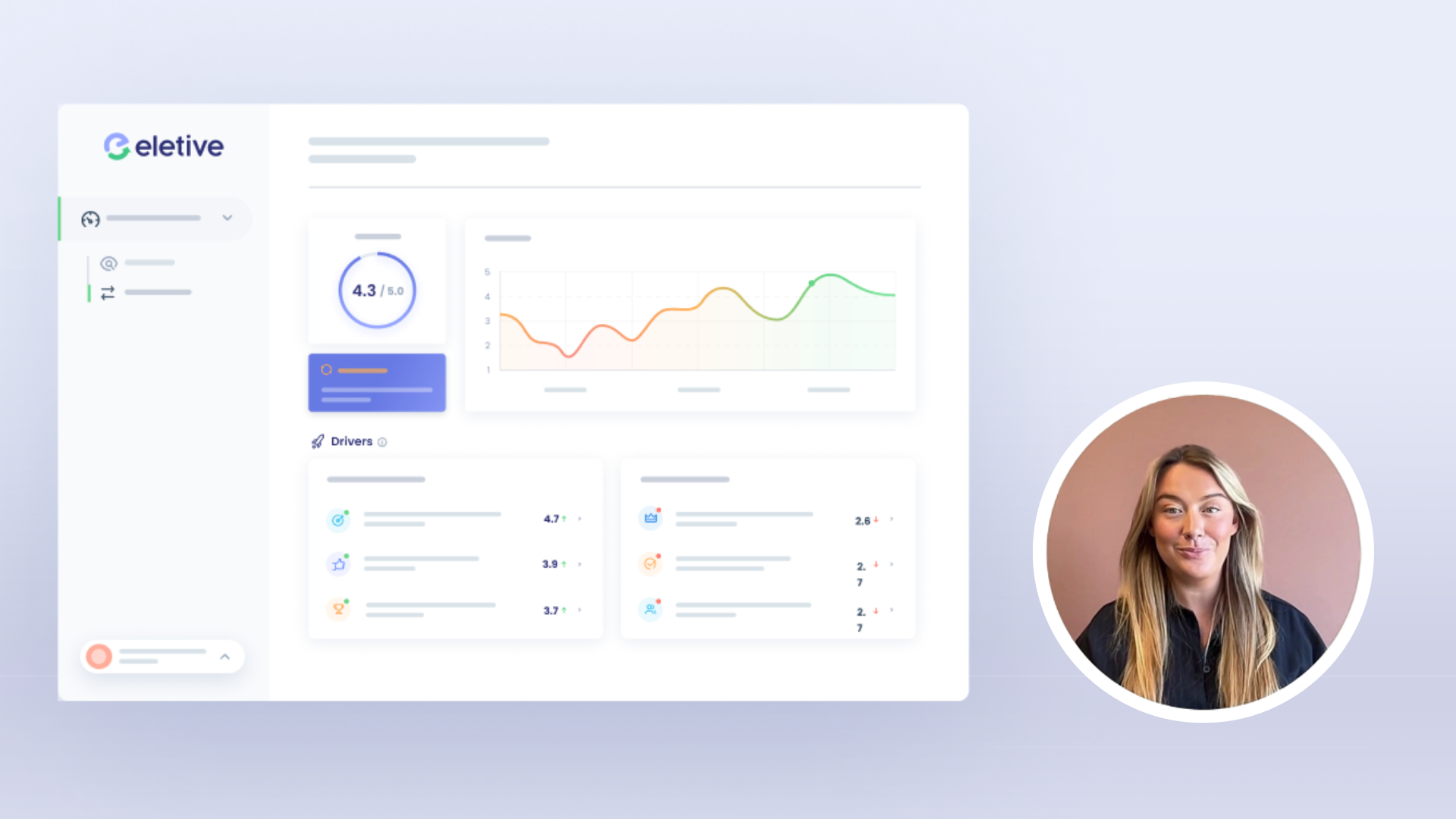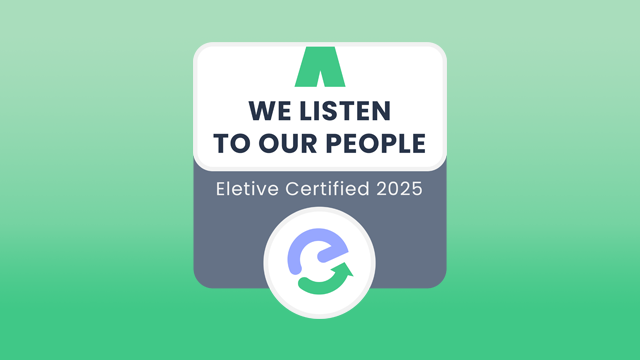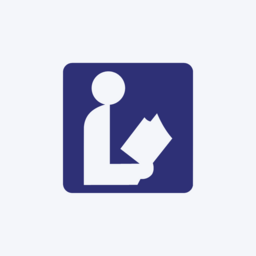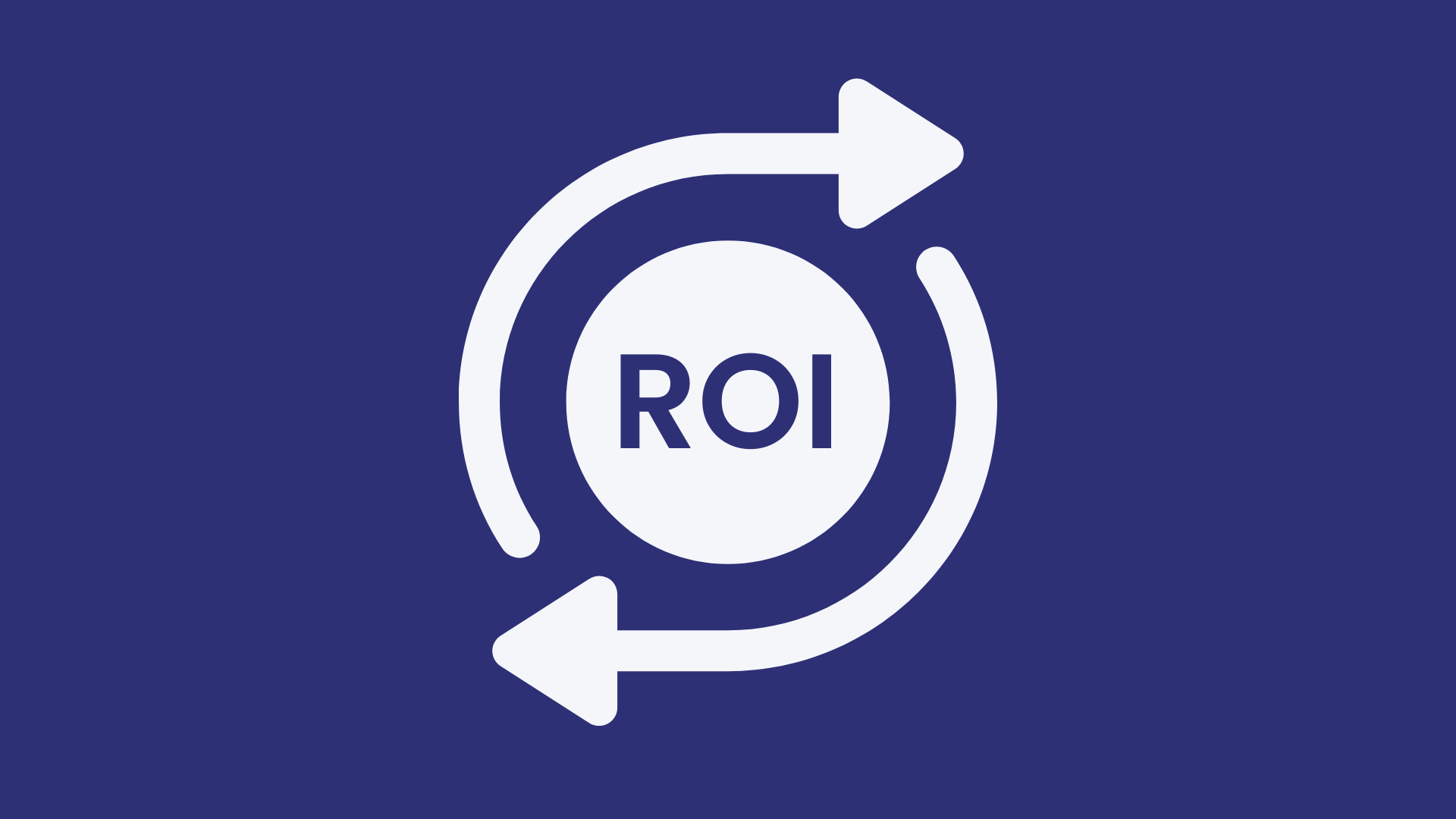Looking to enhance your onboarding process and create a remarkable employee experience? Our guide contains key insights and actionable tips to help you optimise your onboarding process.
According to a Gallup study, organisations with a strong onboarding program can improve new hire retention by 82% and productivity by over 70%.
We'll delve into the significance of employee onboarding and its profound impact on fostering a positive work atmosphere.
Then we’ll explore a range of onboarding survey questions. These are specifically designed to captivate new hires and remote employees. Ensuring their seamless integration into your team.
By implementing our strategies effectively, you'll not only facilitate a smooth transition for your new employees but also gather indispensable feedback that drives continuous improvement within your organisation.
Employee-survey-onboarding:format(png)/f/288714721386412/ea669753d9/onboarding_2.png)
What is employee onboarding?
Employee onboarding is the process of integrating new hires into an organisation, helping them understand their roles and responsibilities, familiarising them with company culture, and providing necessary training to set them up for success.
A well-structured onboarding process has a few key benefits:
Employee engagement
Higher retention rates
Improved overall performance
An effective onboarding process not only establishes the basis for a lasting sense of job fulfilment but also ensures employees feel appreciated right from the start.
To ensure your organisation reaps these benefits, consider implementing tools like Eletive. Our platform is designed to measure and increase employee engagement throughout the entire onboarding journey.
Employee onboarding process
To ensure a smooth and effective onboarding experience, consider these tips and best practices:
Preparation: Before the new hire's first day, prepare all necessary paperwork, equipment, and resources to minimise any delays or confusion.
Welcome & Orientation: Begin with a warm welcome from team members and provide an overview of company culture, values, and expectations. A well-planned orientation can help employees feel more comfortable in their new environment.
Mentorship & Training: Assigning a mentor or buddy can be beneficial for guiding new hires through their initial weeks at work. Provide comprehensive training that covers job-specific tasks as well as general company policies.
Evaluation & Feedback: Regular check-ins during the first few months are essential to assess progress and address any concerns promptly. An easy way to do regular check-ins is with a pulse survey.
The graphic below shows that regular pulse surveys are quickly becoming the new norm. And you can implement them easily with Eletive.
Gartner: Employee Engagement - pulse surveys vs Annual surveys:format(png)/f/288714721386412/a87dcf3d46/ska__rmavbild_2021-10-11_kl-_22-09-26.png)
Read the full Gartner article here: Is It Time to Toss Out Your Old Employee Engagement Survey?
What is an onboarding survey?
An onboarding survey is a tool used by HR managers to gather feedback from new employees about their onboarding experience.
The purpose of these surveys is to identify areas for improvement, ensuring that the process remains effective and engaging for future hires.
By collecting valuable insights, organisations can make data-driven decisions to enhance employee satisfaction and retention rates.
The timing, frequency, and format of an onboarding survey may vary depending on the organisation's needs. Typically, surveys are administered at intervals during the initial months of employment (e.g., 30 or 90 days).
To design impactful questions that elicit honest responses from your new hires, consider using various question types such as open-ended questions or Likert scales.
To maximise response rates and ensure anonymity in your survey results. Eletive offer 100% anonymous, customizable templates designed specifically for employee engagement surveys.
Likert scale:format(jpeg)/f/288714721386412/4e46d5fd03/question_feedback.jpg)
Employee onboarding survey questions
Incorporating the right onboarding survey questions is crucial for gathering valuable insights into your new employees' experiences.
The following categories can help you design an effective survey:
Orientation and training
Ask about the effectiveness of orientation sessions, training materials, and support from trainers or mentors.
For example: "How helpful was the orientation session in understanding company policies?"
Integration into team culture
Assess how well new hires feel integrated with their teams and whether they have a clear understanding of team dynamics.
For example: "How comfortable do you feel working with your teammates?"
Role clarity
Evaluate if employees understand their job responsibilities and expectations.
For example: "Do you have a clear understanding of your role within the organisation?"
Satisfaction with management support
Gauge employee satisfaction with managerial guidance during onboarding.
For example: "Are you satisfied with the level of support provided by your manager so far?"
30-day onboarding survey questions
The 30-day onboarding survey is an essential tool for gathering feedback from new employees about their initial impressions and experiences.
This helps HR managers identify areas of improvement in the onboarding process, ensuring a smooth transition into the company culture.
Initial impressions
These questions help gauge employee satisfaction with the process so far.
"How would you rate your overall onboarding experience?"
"What was your favourite part of orientation?"
Training and Orientation
Inquire about their training. This can reveal any gaps in knowledge that need addressing.
"Do you feel well-prepared to perform your job tasks?"
"Did our orientation cover all necessary information?".
Integration into Team and Company Culture
Seek feedback on how they're fitting in. These insights can help improve communication and support systems within the organisation.
"How comfortable do you feel approaching team members for assistance?"
"Are there any aspects of our company culture that were unclear during your first month?".
90-day onboarding survey questions
At the 90-day mark, it's crucial to evaluate the employee's understanding of their role and responsibilities.
This is a great chance to gauge the worker's connections with associates and managers, in addition to obtaining input on areas for improvement and development.
Consider incorporating these sample questions into your survey:
How clear are your job responsibilities?
Do you feel supported by your team members?
Do you require any extra education or materials to do your job?
To ensure a comprehensive assessment, include more specific questions, such as:
"How effective has communication been between you and your supervisor?"
"Have you had opportunities to collaborate with other departments?"
"What aspects of our company culture have stood out positively during your first 90 days?"
Fun onboarding questions for new hires
Incorporating light-hearted questions into your onboarding survey can help create a positive experience and encourage new employees to open up.
These fun questions allow you to learn more about their hobbies, interests, or favourite things about the company while keeping the tone friendly and engaging.
What is your favourite hobby outside of work?
If you had the capacity to possess a unique ability, what would it be and why?
What's one thing that surprised you about our company culture so far?
Which team-building activity are you most looking forward to participating in?
Including these types of questions not only adds an element of fun but also helps build rapport between new hires and their colleagues.
Onboarding survey questions for remote employees
Remote employees face unique challenges, making it essential to tailor your onboarding survey questions accordingly.
To help you get started, here are some sample questions tailored specifically for remote employees:
"How satisfied are you with the level of support provided by your manager?"
"Do you feel connected with your colleagues while working remotely?"
"Are there any additional tools or resources that would improve your work-from-home experience?"
Addressing communication and collaboration in a remote setting is crucial for understanding their experience. Here are some additional tips on how to onboard remote workers effectively.
Ensure availability of resources and support: Inquire about the adequacy of tools and assistance provided to facilitate their success in their designated role.
Assess remote team dynamics: Evaluate their level of satisfaction regarding integration within the team while working remotely.
Solicit input on communication methods: Gather feedback to determine the effectiveness of existing communication channels and identify areas for potential improvement.
Eletive-onboarding-questions:format(jpeg)/f/288714721386412/565a848f4f/onboarding_eletive_question.jpg)
Onboarding survey best practices
To ensure that your onboarding survey is effective and yields valuable insights, follow these best practices:
Design clear and concise questions: Make sure your questions are easy to understand and avoid using jargon or technical terms.
Distribute the survey effectively: Choose a distribution method that works best for your organisation, such as email or an internal communication platform like Slack.
Anonymity and confidentiality: Encourage honest feedback by ensuring employee responses remain anonymous. This can be achieved through tools like Eletive's employee engagement surveys, which guarantee anonymity.
A good onboarding survey should cover all aspects of the onboarding process, from the recruitment experience to the onboarding program itself.
By collecting this information, HR managers can identify areas for improvement and make adjustments to the onboarding process to ensure a positive onboarding experience for new hires.
Employee onboarding survey email templates
To encourage your new hires to participate in the onboarding survey, you need to craft an effective email that clearly communicates the purpose of the survey and how it will benefit them. Here's a sample template you can use as a starting point:
Subject: Help us improve your onboarding experience
Dear [New Hire Name],
Welcome to [Company Name]. We're excited to have you on board and want to make sure your onboarding experience is as smooth and enjoyable as possible.
To help us make the onboarding process even better, we would appreciate your feedback on it. Your responses can aid us in recognizing areas that need improvement and guarantee upcoming new hires have a more positive experience.
The survey should take no more than [X minutes] to complete and your responses will be completely anonymous. Your feedback is valuable to us, and we appreciate your time and honesty.
Please click on the following link to access the survey: [Insert Survey Link]
If you have any questions or concerns, please don't hesitate to reach out to me or the HR team. We're here to support you throughout your onboarding journey.
Thank you for your participation and welcome to the team.
Best regards,
[Your Name]
Remember to customise this template according to your organisation's values and include clear instructions on how employees can access and submit their responses.
Conclusion
Employee onboarding surveys are a crucial tool for HR managers to ensure that new hires feel welcome, supported, and engaged in their new workplace.
By using onboarding surveys, companies can identify areas of improvement in their onboarding process and make necessary changes to improve employee retention rates.
In this Employee Onboarding Surveys Guide, we cover everything from the basics of employee onboarding to best practices for creating effective surveys. We provide sample survey questions for both 30-day and 90-day check-ins as well as fun questions to help build rapport with new hires.
If you're looking to improve your company's employee onboarding process or want assistance with creating effective surveys, visit Eletive. Our specialists can craft tailored solutions to suit your organisation's particular needs.

Johanna is Content Manager at Eletive, where she juggles everything from blogging and social media to webinars and customer communications. She enjoys using digital marketing strategy and creative content marketing to help organisations build workplaces where people thrive.



























:format(jpeg)/f/288714721386412/58726511bb/blog-employee-onboarding-surveys-guide-hero_media.jpg)
:format(jpeg)/f/288714721386412/1280x720/94229f239a/blog-11-best-people-analytics-tools-in-2026.jpg)
:format(jpeg)/f/288714721386412/e490991a3d/blog-employee-feedback-software-hero_media.jpg)
:format(png)/f/288714721386412/1200x675/4bf26615f3/virtual-hr-event-people-success-2026.png)